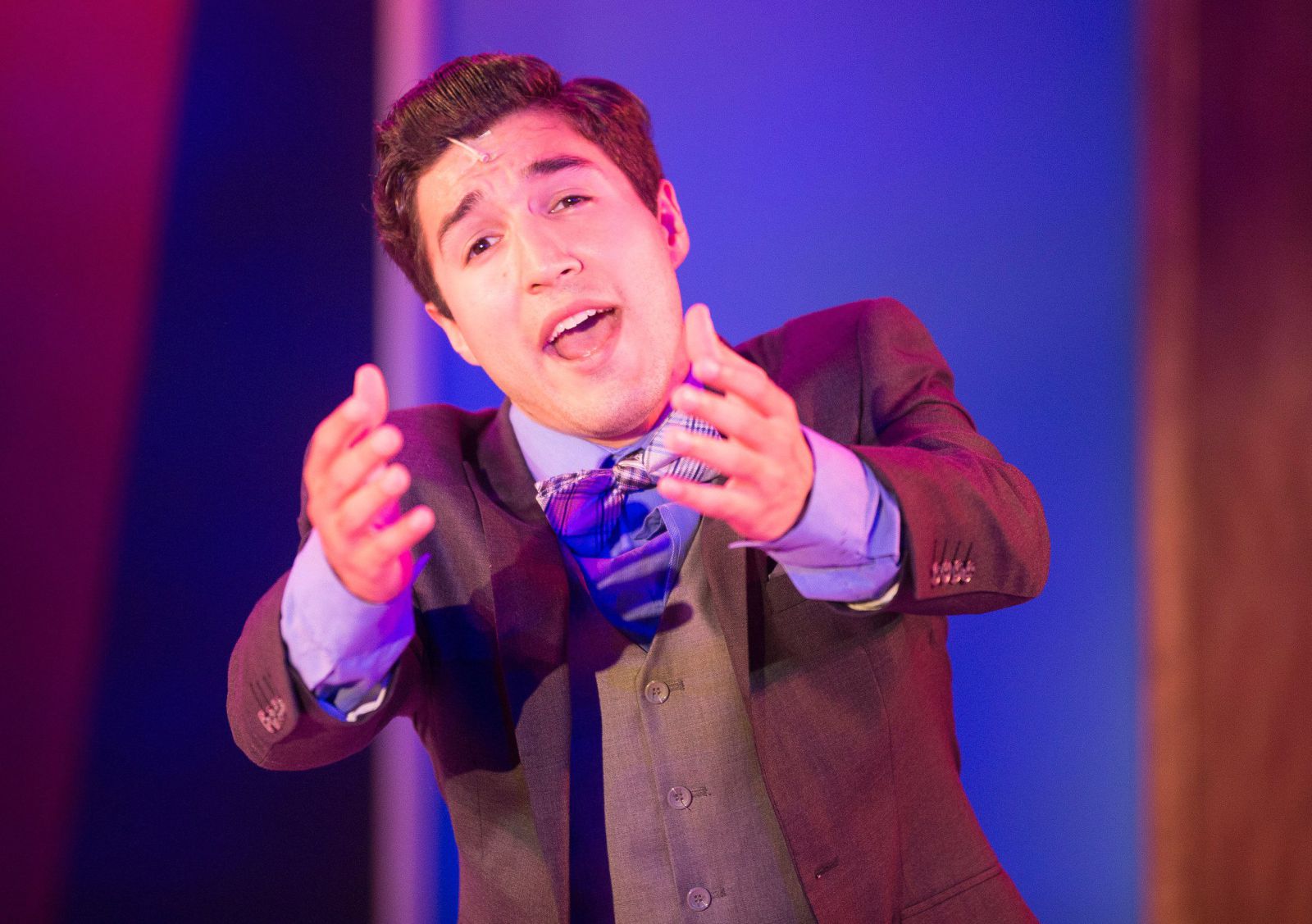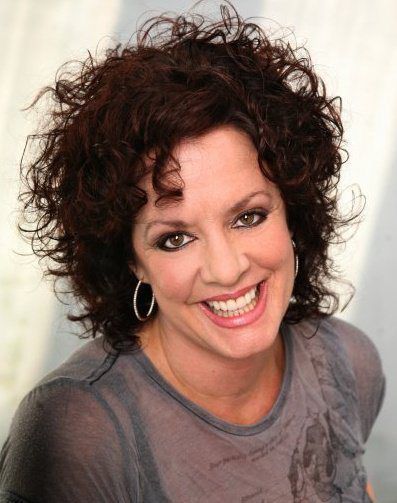Practicing Smart: 3 Tips for Learning to Sing
February 29, 2016 - Educational Advice, Faculty, Featured
By Victoria Lavan
How you practice is one of the most important vocal skills today’s young singers must acquire. Anders Ericsson, Ph.D., a psychologist who researches the process of acquiring expertise, coined the “10,000 hour rule": If you practice something for 10,000 hours, you become an expert. He notes: “You don’t get benefits from mechanical repetition, but by adjusting your execution over and over to get closer to your goal.”
Mechanical repetition: singing the same exercise, phrase or song repeatedly without the focus and attention required to identify problems and explore solutions. Singers who use this approach do not improve their sound, and often tire their voice unnecessarily.

On the other hand, practicing these same things for frequent, short periods of time throughout the day with focus and specific intention (allowing for adjustment) will tweak how your body behaves when singing. Engaging in this kind of vocal exploration is the most beneficial, efficient way a singer can incorporate practice into their training and career.
Dr. Ericsson calls this deliberate practice.It seems like a simple concept: Why, then, do so many young singers practice until they’re hoarse spending an hour trying to belt a high note without changing their approach? Answer: Fear of failure is a powerful motivator. Learning to utilize smart practice habits will replace fear with confidence and success every time you sing!
So how can you develop productive, deliberate practice sessions? Here are three tips:
- Practice for short lengths of time. Start with 15–30 minute sessions two or three times a day in an appropriate place where you can completely and deliberately focus. As your ability to remain focused becomes stronger, extend your practice time.
- Have a goal in mind. Know what you want to accomplish each practice session. One 15-minute session might be working on a particularly challenging vocal exercise, the next could be a 20–30 minute session focusing on a technical element of a song.
- Share your practice history with your voice teacher. Learning to sing is a collaborative effort. Share your insights and frustrations with your teacher so they can better guide you in your voice lessons and practice sessions.
Singing is a complex process of breath, vibration, resonance and articulation working simultaneously to produce sound. Developing deliberate practice habits is an important step in training your voice to reach its highest potential.

Victoria Lavan enjoys a varied and accomplished career as a singer, actress and teacher. Known for her skills and success in many styles and genres of music, she has been praised by the Los Angeles Times as “…a soprano with first-rate, high soaring vocal skills…and a warm, lyrical, uncluttered way with a song…”. Favorite collaborations and roles include: the Sundance Institute with the San Francisco Opera Adler Fellowship Program; Salt Lake Opera Theatre, Rigoletto (Gilda); Opera Unplugged, La Boheme (Musetta); Albuquerque Chamber Orchestra, The Telephone (Lucy); New West Symphony, Ventura Music Festival, Bach’s “B Minor Mass,” soprano soloist, Grammy Award-winning conductor Vance George; Jesus Christ Superstar with Ted Neeley and Carl Anderson, Rubicon Theatre Co.; Glitter and Be Gay: A Tribute to Barbara Cook, El Portal Theatre and regional tour.
As a teacher, Victoria actively pursues the study and practice of vocology, the habituation of the voice using traditional methods intertwined with current voice science findings and vocal health practices. She is a Charter Voting Member of the Pan American Vocology Association, The Voice Foundation, a member of NATS, past president of NATS-LA, and a NATS regional governor for Southern California. Victoria is the recipient of several teaching awards, but her greatest accomplishments are the successes of her students, many of whom are performing on stages, cruises and tours around the world.


